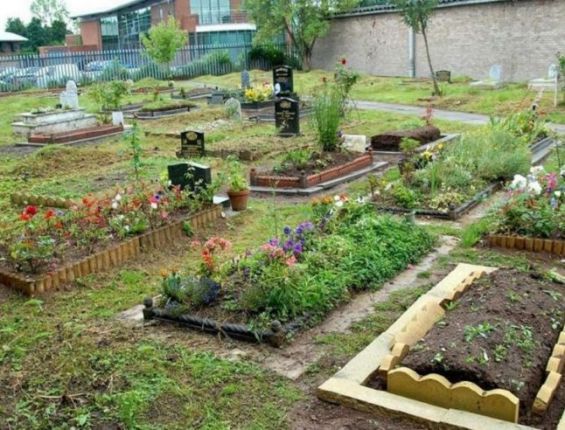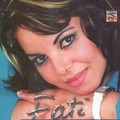With a heavy heart, many Moroccan families in the Netherlands were unable to fulfill the wishes of their deceased loved ones who passed away at a time when the coronavirus crisis has halted the repatriation of bodies.
After her family flew to Morocco to bury her 80-year-old father, Hanane Abdellaoui ended up carrying the burial in a Nuenen cemetery after Rabat had decided to impose a travel ban due to the pandemic.
Speaking to the Dutch national broadcaster (NOS), the Dutch-Moroccan said she is convinced her father «would have liked to be buried in Morocco», his homeland. «He paid premiums all his life for insurance that would arrange repatriation», Hanane recalled.
Her sister Souad, who lives in Marrakech, flew, earlier in March, to Berkane with other family members to bury their father. When the travel ban happened, everyone understood that the man’s dream of being buried in his hometown just crumbled before their eyes.
«My father loved Morocco so much that he used to go very frequently and stay for long periods of time», Souad told Yabiladi, with a sad voice. «Growing up, my father used to tell us that as soon as we would be self-reliant and independent he would move back to Morocco but disease would not allow it ... he dreamt of going back to the land of his ancestors but that also won’t happen», Souad regretted.
The same situation was imposed on several other Moroccans across the Netherlands. But now that all Moroccans are forced to turn to Dutch cemeteries, the worries of the community have been on the rise.
Eternal graveyards
«It is a very complicated situation», Sahil Achahboun from the Moroccan Dutch Association (SMN) told Yabiladi. «Many people want to fulfill the wishes of their deceased parents and bury them in their homeland, Morocco», he explained.
«It is something that they have been wishing for their whole lives and now because of the travel ban and the coronavirus everything has gone against the grain», Achahboun regretted.
But these wishes are not just related to feelings Dutch-Moroccans have for their homeland. The situation, according to Achahboun, includes the limited or sometimes very expensive options offered by Dutch cemeteries.
«Muslims in the Netherlands, mostly of Moroccan or Turkish origin, want to be buried in eternal graveyards», he pointed out, referring to cemeteries that offer graves for periods that last from 10 to 20+ years.
«Not every cemetery in the Netherlands is eternal and the remains of the deceased can stay there depending on how much you paid for the spot», Achahboun explained. «This is one of the reasons why many people want to be buried in Morocco», he added.
Expensive options
While, Muslims are trying to find a solution for the current situation caused by the lockdown, eternal burials in the Netherlands can be very expensive. Speaking to Yabiladi, Aicha Pijnenburg from the Islamic Funeral Services Amanah in Utrecht said that affording «eternal burial spots' prices can range from 8,500 euros to 14,000 euros».
In a local state-owned cemetery, Muslim families have to pay «12,000 euros for an eternal spot». Faced with this situation, «Muslims in Utrecht are now going to a private Islamic cemetery in Almere where they can find eternal spots», she added.
According to her, the prices can go up to 8,500 euros in said graveyard, which remains the cheapest available option at the moment. Frustrated with the current circumstances, Aicha said that most of the people who ask for burial services «are sad, in panic, and angry at the Moroccan government which wouldn’t allow bodies' repatriations», Aicha added, referring to Turkey which still receives the remains of nationals who passed away abroad.
Future alternatives
While in Utrecht a solidarity campaign was launched to help needy families purchase eternal graves for their deceased loved ones, Muslims in Rotterdam have been mobilized to find a solution. Nourdin El Ouali, co-founder of the local political party Nida and a member of the city council told Yabiladi that funds were collected to purchase a land and open a big Muslim cemetery for the Moroccan community and other Muslims in the region.
The project was launched years ago, but unexpectedly, the funding targets were finally met during this global crisis. «In the past, we sought the help of the city council to purchase a land and open the cemetery but the prices were skyrocketing and we were short on funds», he recalled.
«However, these days we have noticed that several doors were finally open», he said. In the short-term, El Ouali said that cemeteries in Rotterdam have granted a portion to Muslims who cannot be buried in their countries of origin. Meanwhile, the Mayor of Rotterdam announced that these people would benefit from a 25% discount on their burial expenses.
Waiting for a solution, many Dutch-Moroccan families have to go through these stressful decisions amid the coronavirus lockdown.





 chargement...
chargement...













